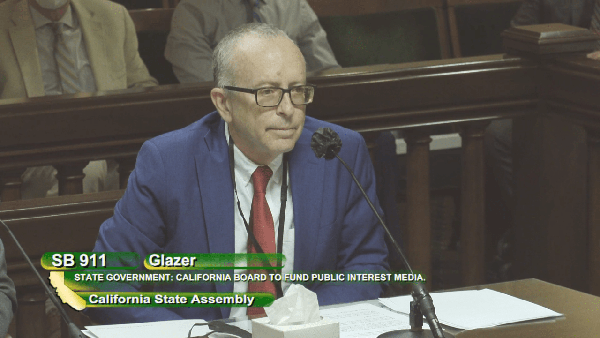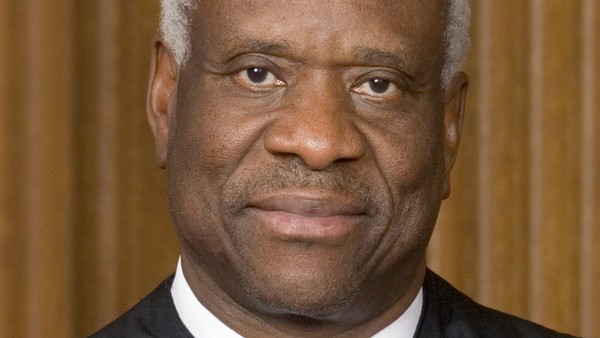Today is July 4, also known as Independence Day. Some of Santa Cruz County’s biggest celebrations already happened on the weekend, but act quickly to get in on the action at the “world’s shortest parade,” taking place in Aptos at 10am, or the Spirit of Watsonville Fourth of July Parade, kicking off at noon.
Or perhaps take some time to consider all that has happened since the event this holiday commemorates: when the Second Continental Congress ratified the Declaration of Independence on July 4, 1776.
That action eventually led, in 1787, to the signing of the United States Constitution—a document that has been augmented by fiercely debated amendments and whose meaning has been debated in an ongoing series of courtroom pyrotechnics.
Where these legal battles eventually detonate is in the Supreme Court. And few rulings have been more explosive than the 6-3 vote overturning the 1973 Roe v. Wade decision, which opens the way for individual states to ban abortion rights.
This action sent shockwaves across the electorate—not surprising, because a solid majority supports a woman’s right to reproductive freedom. In Santa Cruz, reports Good Times, hundreds of protestors came out in force to air their views.
What Comes Next?
But this ruling could just be the beginning of a campaign to roll back other rulings targeted by the religious right.
Does this sound crazy? In a two-part series, California Local reporter Jonathan Vankin takes a detailed look at the concurring opinion issued by the most senior SCOTUS justice, Clarence Thomas, who urges his fellow justices to “reconsider” previous decisions that upheld rights which—like Roe v. Wade—are largely rooted in the 14th Amendment to the Constitution.
Similar decisions to Roe v. Wade have cemented the right to contraception, the right to privacy in the bedroom, and the right to marry the person of one’s own choosing—whether that be someone of the same sex or a different race. But Justice Thomas says the courts must “reconsider” some cases because “the Due Process Clause does not secure any substantive rights.”
So for today, right now, celebrate the substantive rights we still have. And consider what courses of action are needed to protect them.
And Speaking of Amendments
As part of today’s musings on our country’s birthday, here are the words of the very first amendment to the Constitution: “Congress shall make no law respecting an establishment of religion, or prohibiting the free exercise thereof; or abridging the freedom of speech, or of the press; or the right of the people peaceably to assemble, and to petition the Government for a redress of grievances.”
Talk about a loaded sentence. One part of it—“abridging the freedom of speech, or of the press”—was imperiled on June 27. That day, the Supreme Court avoided a case that could have proven disastrous for the media. But if Justice Thomas had his way, the case would have been heard. In his third piece focusing on Thomas, reporter Vankin explains that this wasn’t the first time Thomas called for the court to “revisit” Sullivan.
California Local’s Graham Womack has been following another media story: the progress of Senate Bill 911, a plan to help fund California journalism that is currently working its way through the state legislature. The bill cleared another hurdle on June 29, but concerns remain from a variety of media groups. We’ll keep an eye on how that bill progresses—and what substantive rights and freedoms might come under future attacks.
Calling Emergency on SB 911

SB 911, a bill to publicly fund journalism in California, narrowly advances to Assembly Appropriations Committee; faces opposition from ethnic media publishers.






